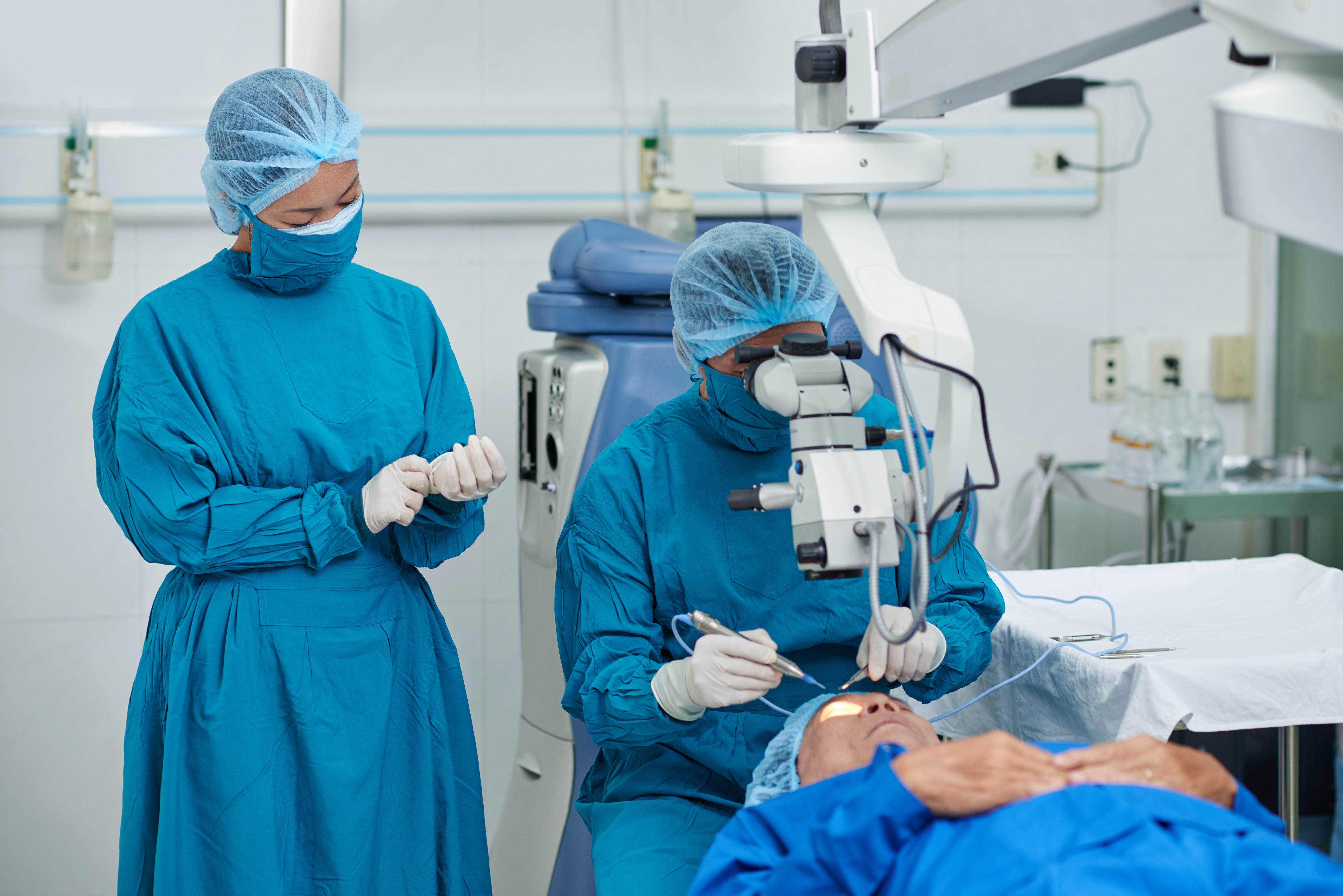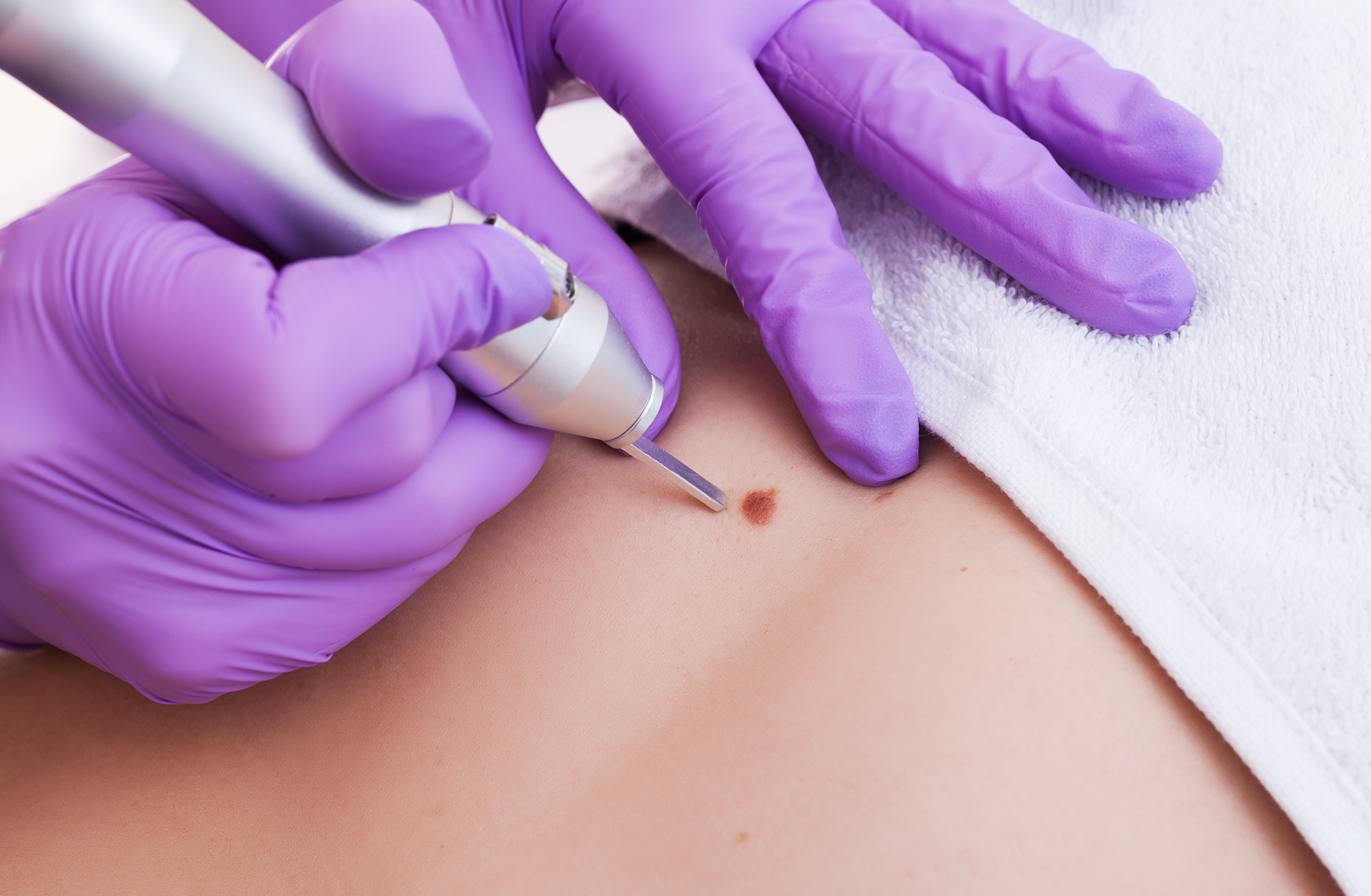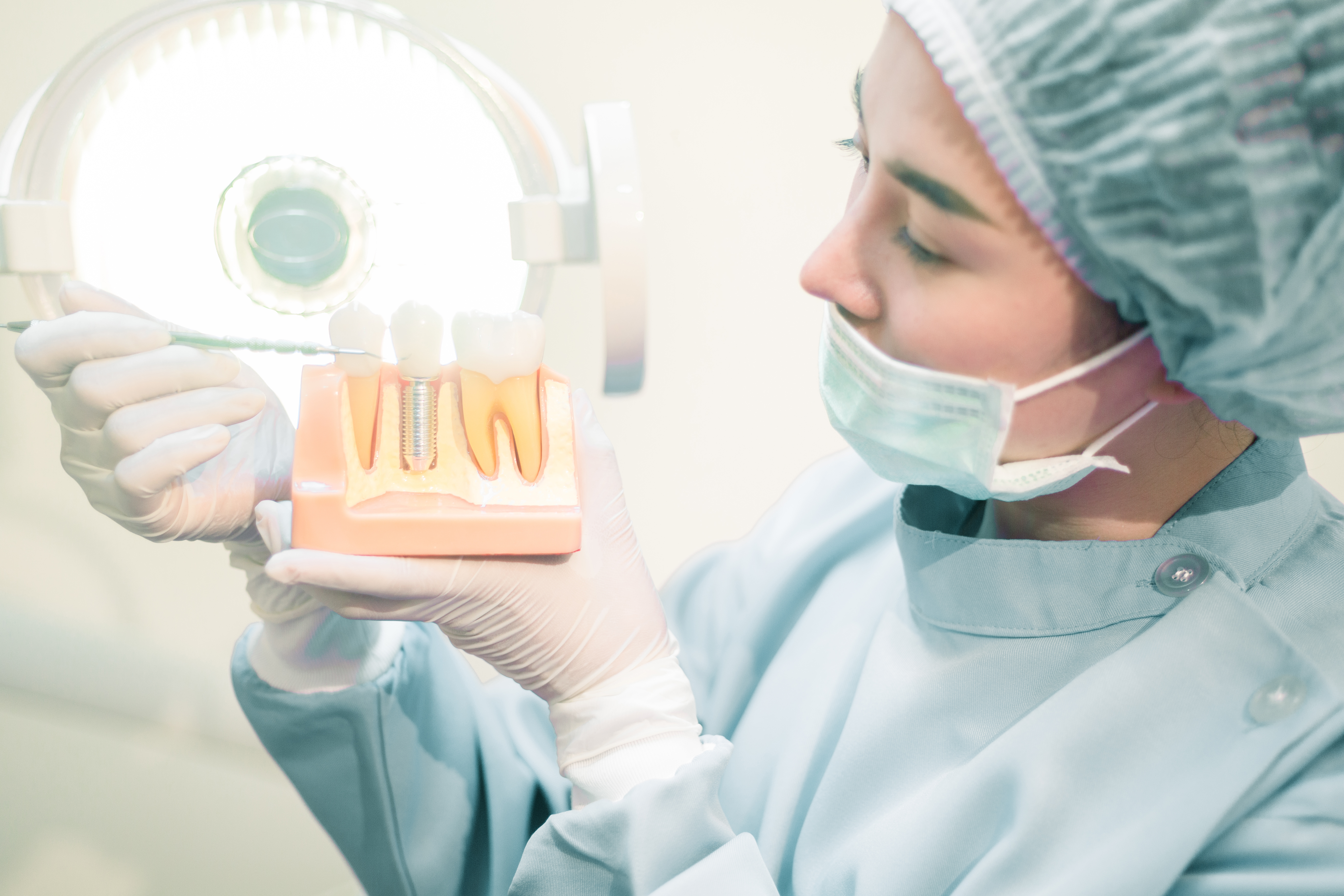
Cataract Surgery: Purpose, Procedure and Risk
Cataracts can significantly impact one's vision because the normally clear lenses become cloudy. Cataract surgery is a widely practiced procedure aimed at restoring clarity to vision.
In order to assist individuals in making informed decisions about cataract surgery, we will explore the purpose behind the procedure, the steps involved, as well as considerations regarding the associated costs and recovery process.
What is Cataract Surgery?
Cataract surgery is a procedure to remove the cloudy lens of the eye. In general, the lenses are substituted with a synthetic one called intraocular lens (IOL). This procedure is performed by an eye doctor called an ophthalmologist.
Cataract surgery is very common and is generally a safe medical procedure. It is also an outpatient basis surgery, so you mostly do not need to stay in the hospital after the procedure.
Why Do You Need Cataract Surgery?
Cataracts are common between adults as a result of aging. It causes blurred vision and heightened sensitivity to light, leading to increased glare.
There are no medicines nor eye drops that have been proven to cure cataract. If cataracts start to interfere with your daily activities or the treatment of another eye problem, your ophthalmologist may recommend cataract surgery.
In general, delaying cataract surgery is unlikely to cause harm to your eyes or your overall well-being. Therefore, if your vision remains satisfactory and doesn't disrupt your daily routine, you might contemplate putting off the procedure for a few years. Nevertheless, it's crucial to have routine medical check-ups to keep tabs on the progression of your cataracts.
After the surgery procedure done, you should be able to:
- See things in focus.
- Not see as much glare when looking into bright lights.
- Tell the difference between colors.
What to Do Before Cataract Surgery?
Prior to the procedure, your doctor will assess your eye to find the correct focusing strength for your lenses. During the assessment, you can address any concerns or topics related to your surgery. Here are the conversations you may find necessary to have with your doctor.
- What are the risks and benefits of the surgery?
- How long does it take to fully recover?
- Will my vision go back to normal?
- Do I need to wear glasses after the surgery?
Additionally, you might receive a prescription for eye drops to use in the time leading up to the surgery. These drops aid in reducing swelling both during and after the operation.
Make sure to inform your doctor about any medications you're currently taking. If any of them could lead to bleeding during your surgery, your doctor might recommend temporarily discontinuing them.
Furthermore, your doctor might also request that you refrain from eating and drinking for a minimum of six hours prior to the surgery.
Cataract Surgery Procedure
Cataract surgery typically lasts 30-45 minutes. If there are no other medical issues, you will usually receive local anesthesia so that you are allowed to return home on the same day.
The process begins by administering numbing drops or an injection around your eye to ensure it is properly anesthetized. Your doctor may also provide medication to help you feel at ease.
As cataract surgery is performed under local anesthesia, you will be conscious throughout and might observe light and movements in the room. Nevertheless, you won't be able to see what the doctor is doing to your eye.
The surgeon then looks through special microscopes to make a tiny cut near the edge of your cornea using a blade or laser. Through the cut, they will take the cloudy lenses and replace it with IOL.
In general, the surgeon will not have to stitch the incisions since it will be sealed on their own over the time. As a precaution, a shield will be placed over your eyes to safeguard them during the healing period.
Following the procedure, you won't be discharged immediately after the surgery but will spend around 15-30 minutes in a recovery area before heading home.
How Long to Recover from Cataract Surgery?
In general, it takes about four weeks to fully recover from cataract surgery. Throughout this recovery period, you may experience minimal pain or discomfort in your eye. However, many people start to notice improvements in their vision within 1-2 days.
To avoid complication or infection, during the recovery period you need to:
- Use eye drops prescribed by your surgeon as instructed.
- Avoid water, shampoo, or soap into contact with your eyes.
- Do not rub or apply pressure to your eyes.
- Wear sunglasses whenever going outdoors.
- Follow your surgeon's recommendations regarding the use of the eye shield, particularly while sleeping and as otherwise advised.
- Follow your doctor’s advice about what activities you can do and not post-surgery. They will provide information about when you can safely swim, apply eye makeup, drive, and various other tasks.
Cataract Surgery Risks
According to the report, complications after cataract surgery are unlikely to occur. The risk of complications will be higher if you have another eye medical condition such as glaucoma, macular degeneration, or diabetic retinopathy.
There are some risks associated with cataract surgery:
- Swelling.
- Infection.
- Bleeding in the eye.
- Drooping eyelid(s).
- Artificial lens dislocated from its original position.
- Retinal detachment, where retina moves out from its original position.
- Glaucoma.
- Secondary cataract.
- Loss of vision.
- Damage to the other part of the eye.
- Seeing halos, glares, and dark shadows.
If there are complications, most can be treated successfully either through medication or further surgery. Therefore, you do not need to worry. Your ophthalmologist will definitely talk about your individual level of risk prior to the surgery.
If you are considering cataract surgery, look no further than The Sanur. As a Special Economic Zone (SEZ) for Health, The Sanur stands as a beacon of excellence in healthcare.
Our state-of-the-art eye clinic boasts cutting-edge medical technology and a team of esteemed professionals. Complemented by unparalleled services and a tranquil atmosphere, The Sanur offers the epitome of comfort and reliability for your cataract surgery journey.
Contact us today to schedule your consultation and embark on a path to safe and comfortable treatment at The Sanur.
Related Articles

Mole surgery is a safe procedure with a relatively high success rate. What preparations are needed ...

Kidney stones (nephrolithiasis) are hard objects formed from chemicals in the kidneys. Once formed, the stone ...

Dental implants can be an excellent solution for replacing damaged or lost adult teeth. Before deciding ...

